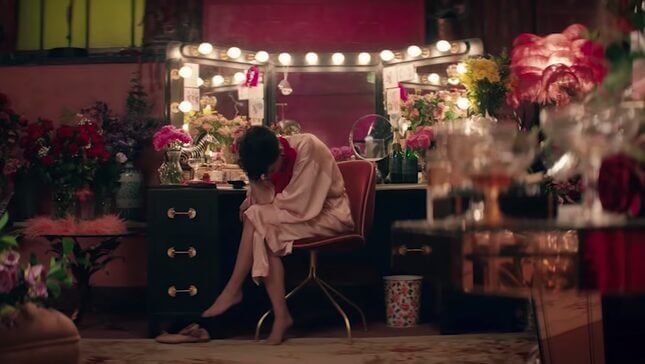
Screenshot: BBC Films
“Maybe it will distress a lot of people, but I’ve had an awfully nice life,” Judy Garland said in a 1967 interview Barbara Walters, who responds, “I think it will surprise a lot of people who kind of like to think of you as…” Garland finishes her thought: “…a tragedy.”
It’s in this moment of Judy Garland’s career, as a struggling performer in the final years of her life, that the biopic Judy sets its stage. Played by Renée Zellweger in a performance that ultimately speaks more to Zellweger’s charms than her ability to fully inhabit a persona whose theatrics are as well known as Garland’s, Judy follows the actress during her notorious run of shows at London’s Talk of the Town club. She’s virtually penniless, kicked out of the hotel room she’s been using as a home, and forced to drop off her two youngest children with their father, former manager Sidney Luft.
-

-

-

-

-

-

-

-

-

-

-

-

-

-

-

-

-

-

-

-

-

-

-

-

-

-

-

-

-

-

-

-

-

-

-

-

-

-

-

-








































